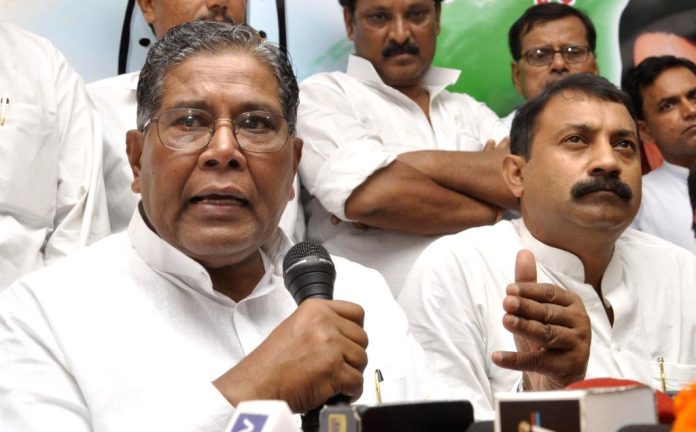23 August 2024: In an in-depth interview with Frontline, veteran Congress leader and former Union Minister for Minority Affairs, K. Rahman Khan, voiced strong opposition to the Modi government’s proposed amendments to the Waqf Act. Khan, who has played a significant role in shaping Waqf legislation over the years, accused the government of attempting to undermine Muslim control over Waqf properties across India.
Khan, whose political career spans over five decades, highlighted his involvement in the amendment of the Waqf Act in 1995 and expressed concerns that the new amendments would erode the powers of Waqf Boards and compromise the community’s rights. He argued that the changes, which the government claims will improve transparency and accountability, are instead a strategic move to wrest control of these vast religious endowments.
Addressing the significance of Waqf properties, Khan noted that the Muslim community manages around 8.7 lakh properties, making Waqf the third-largest landholder in the country, after the Indian Railways and the Ministry of Defence. However, he pointed out that much of this land remains undeveloped and vulnerable to encroachment, and that the government has done little to protect or develop these assets.
Khan also criticised the rationale provided by Union Minister Kiren Rijiju, who claimed that the amendments would generate income for the Muslim community. Khan argued that the amendments lack provisions for development and do nothing to address the persistent issue of land encroachments. He cited the creation of the National Waqf Development Corporation in 2013 as a missed opportunity for progress, which has since been ignored by the current administration.
Regarding the specific provisions of the proposed amendments, Khan voiced particular concern over the inclusion of non-Muslims in the Central Waqf Council and Waqf Boards. He argued that this move could lead to communal tension and questioned the necessity of such appointments, especially when Muslims are not allowed on the boards of other religious institutions.
Khan also addressed the ongoing divide within the Muslim community over the amendments. While the All India Muslim Personal Law Board has opposed the changes, the All India Sufi Sajjada Nashin Council, representing the dargahs, has supported them. Khan attributed this division to the management of vast Waqf properties controlled by dargahs, whose custodians may feel threatened by the proposed changes.
The former minister concluded by expressing concern that the amendments could lead to increased tensions over historical sites, with right-wing groups potentially using the new laws to challenge the ownership of Waqf properties. He criticised the government’s move to replace the independent survey commissioner with state-appointed collectors, arguing that this would complicate the management of Waqf properties.
Khan’s critique raises serious questions about the intentions behind the proposed amendments and their potential impact on the Muslim community’s rights and heritage in India.




